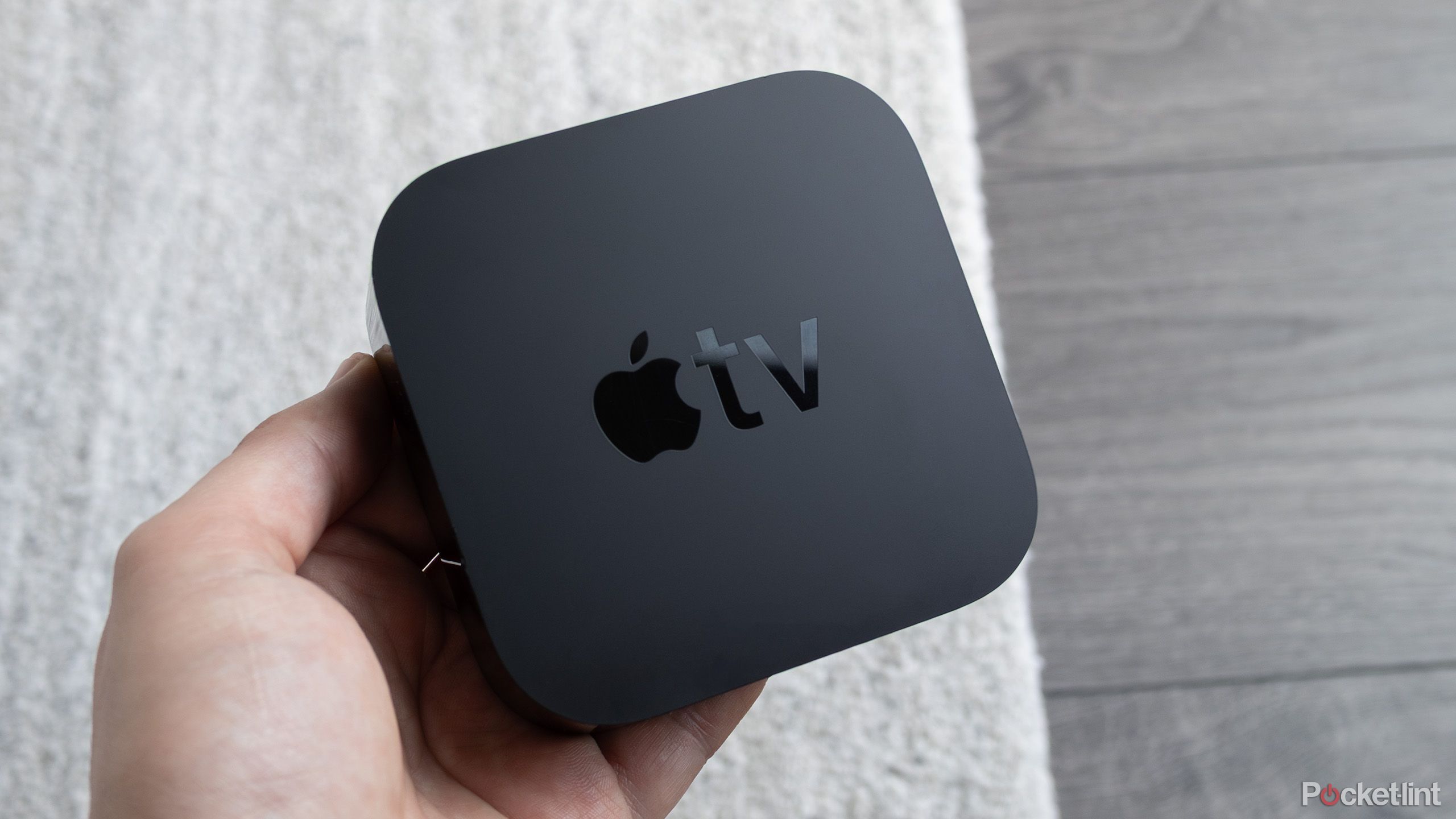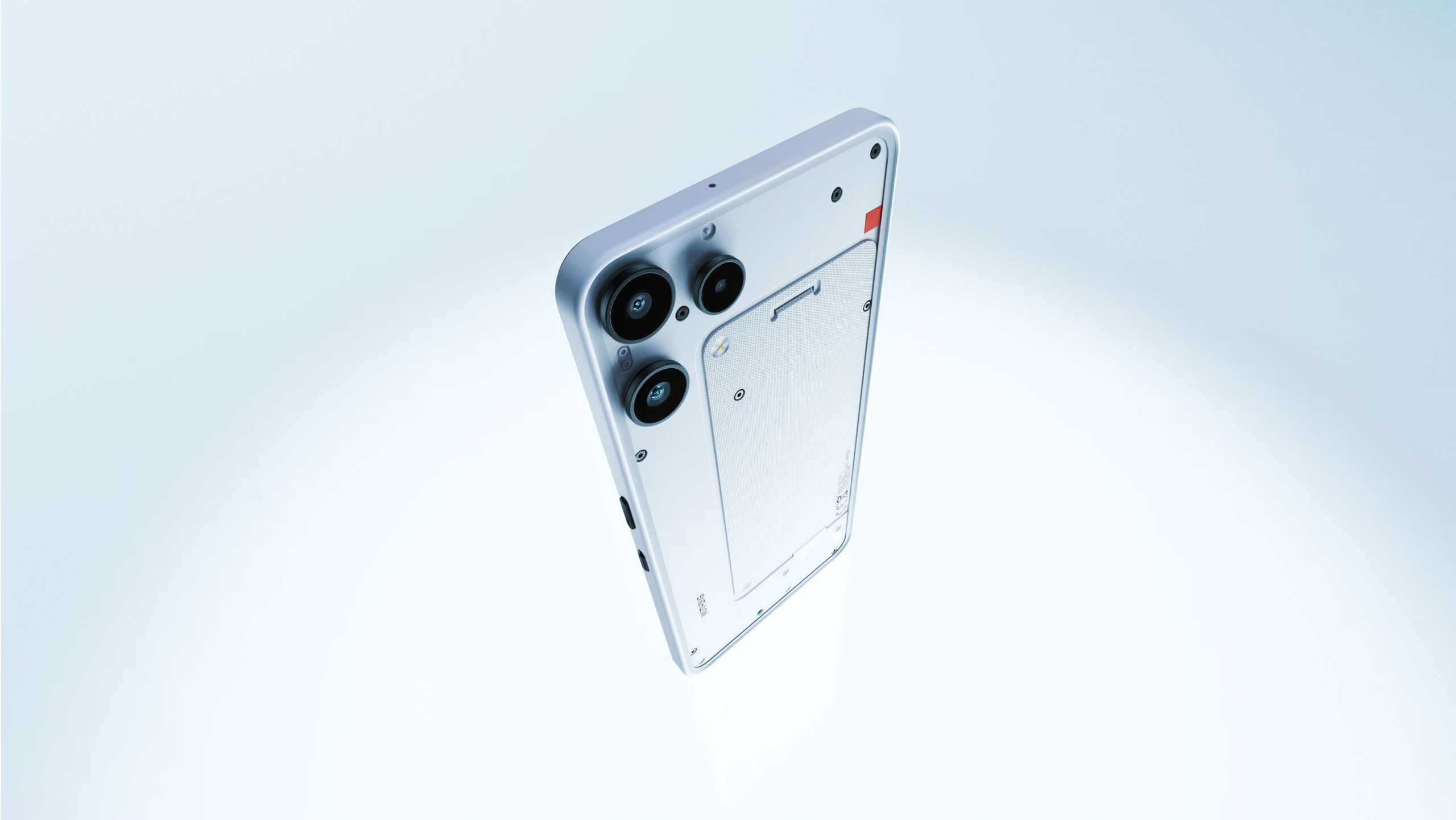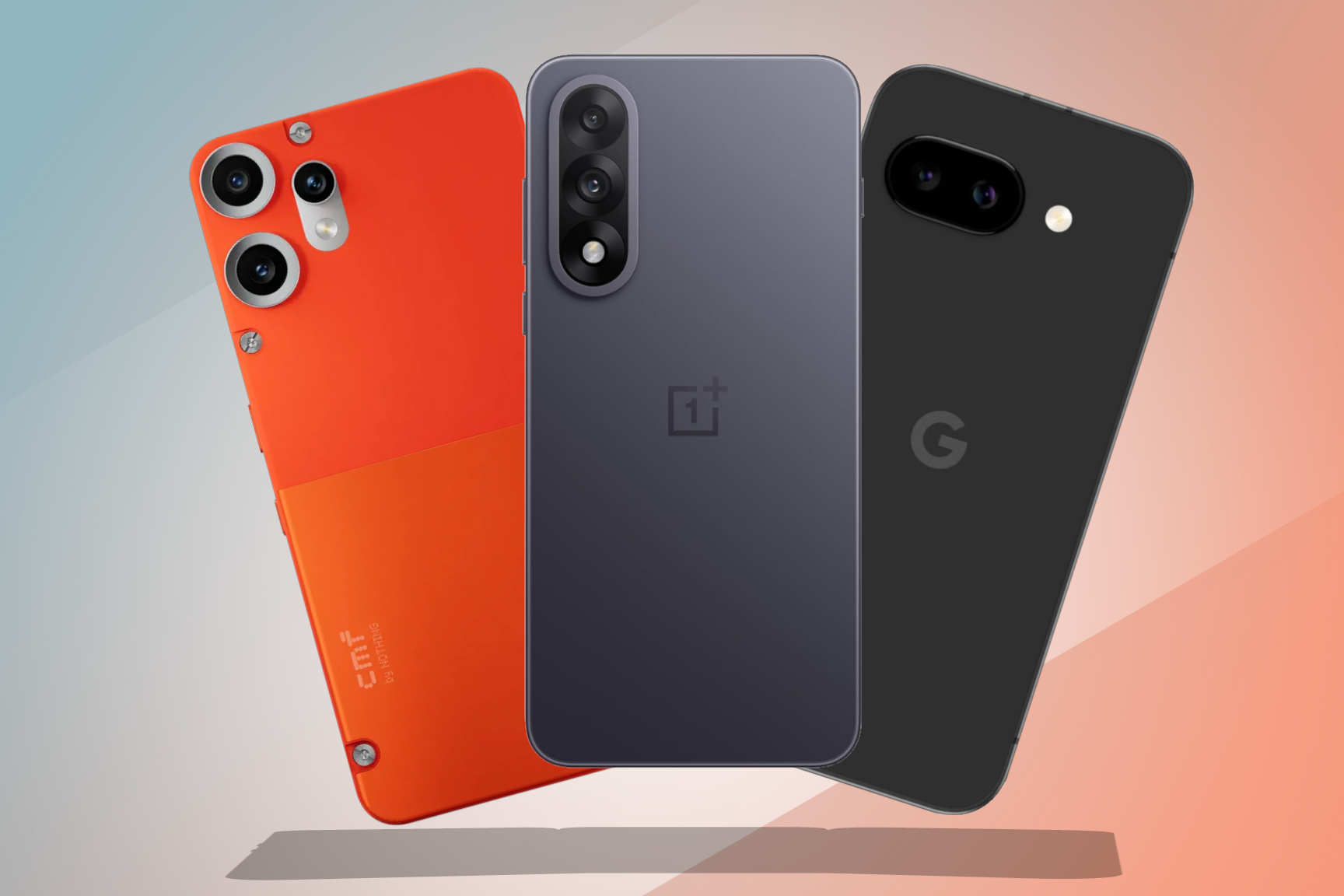The Made by Google 2025 event unveiled the company’s upcoming hardware for the year, with a big focus on its mobile devices, such as the Pixel 10. Hidden in the video was a sneak peek at a brand-new speaker, rumoured to be a Gemini-powered smart speaker. That small flash of the new hardware lasted slightly longer than my interest in a new Google smart speaker.
Even the additional information that’s come out since has failed to get me even remotely excited. Android Headlines reported that it had seen the speaker in four colours, and it will run Gemini (which is also launching on existing speakers).
It will also be the first smart speaker that Google has released since the Nest Mini way back in 2021. Has this four years been worth the wait, not really.
Behind the curve
Like a HomePod Mini that someone has stamped on, crossed with an Echo Mini, the new fabric-covered speaker looked every bit as dull as the living room it was pictured in. It’s unclear at the moment if the speaker will carry the Nest name, but given that Google appears to be doing everything it can to kill the brand off, I’d be surprised.
As I’d written before, the treatment of Nest, once a flagship smart home brand, is a sign of how seriously (or not) that Google takes the smart home.
The main thrust of the new product is that it will run Gemini, rather than the Google Assisstant, using AI to answer your questions and create smart home routines.
According to that Android Headlines report, the speaker will support Gemini Live, which lets you have real-time interactions with the smart assistant. On a phone it makes sense, as Gemini comes with you, and can interact with your phone’s camera. Do you want to sit in a living room having a real-time conversation with Gemini? I don’t.
Broken Google Assistant
I don’t use the Google Assistant or Google Home and have turned off all of my speakers. I did this because the Google Home app is awful, the forced move to a Google account is annoying, and the lack of support for Google Workspace accounts is irritating. It just isn’t a very good platform for controlling a smart home, and I only ever use Google devices when I have to review some smart home kit, unplugging them and sticking the smart speakers back in a drawer when I’m done.
Issues with the current system are widely reported, as this recent Reddit thread, Google assistant continues to get worse, shows (and there are plenty more threads along that line).
Now, the cynical person might think that Google Assistant is getting worse, to force people to move towards the GenAI Gemini. But, I’m not sure that I buy that. Why deliberately antagonise your userbase as a tactic to get people to upgrade?
Next year’s recycling
Yet, the situation that we’re in is that Google’s current home strategy and its smart speakers just aren’t very good. And, rather than improve things dramatically before layering AI on top, the answer from the company seems to be to push Gemini on everyone.
But, the problem with Google’s AI is that it’s a staggering pile of awfulness. Google’s AI overviews come with a warning that says ‘AI responses may include mistakes’, as a catch-all get-out for giving out wrong information. Which it does. Frequently.
It’s wrong, because AI just grabs information from websites, churns it all together and then presents it all as fact, because there’s no way for it to verify the information. And, even when it’s something more generic, AI often gives stupid results.
Ask Google, ‘how many ts are in parrot ‘, and the answer is often:
There are no ‘t’s in the word “parrot”. The letters are ‘p’, ‘a’, ‘r’, ‘r’, ‘o’, ‘t’.
p, a, r, r, o, and t.

There are lots of other examples of AI getting simple questions wrong, and if it can’t work out the basics, would you want it running your smart home? No thanks, not for me.
Then, there’s Google’s track record. If the new speaker follows the life cycle of the old one, it will go something like this: they’re be lots of promotions to give the speaker away for free with another purchase, the speaker will get used for a bit, people will tire of it and put it in a drawer, and finally the speaker goes into recycling. Google could just cut out the middle man, and just donate the raw, unused resources.
To make itself relevant, Google doesn’t need gimmicks or fancy new technology, it needs to provide an experience that just works. As someone on Reddit put it succinctly, “I don’t even care if the new Google Home speakers have new or advanced features, I will be over-the-moon happy if they simply perform as well as they did NINE years ago. What a sad, but true, statement.”












